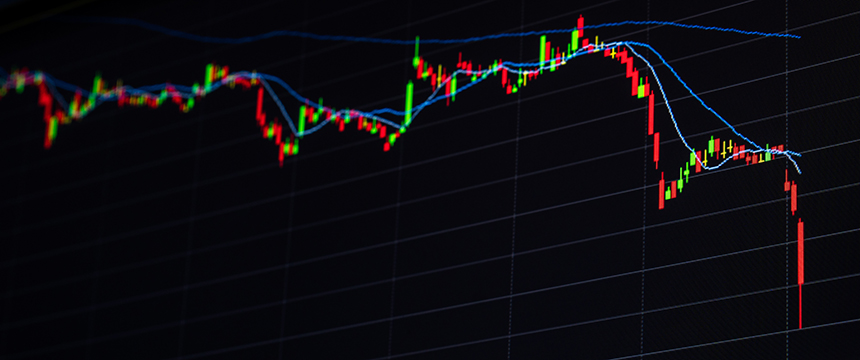
Where markets fall precipitously, “stock-drop” lawsuits are sure to follow. Impacts of COVID-19 present the classic event-driven drop in stock price that is often the target of shareholder lawsuits. Thus far, the plaintiffs’ bar has filed at least two purported shareholder class actions based on COVID-19. Last week, a shareholder filed a class action against a pharmaceutical manufacturer based on statements the company made regarding the company’s potential development of a COVID-19 vaccine. The complaint alleges that the CEO had falsely stated that the company had developed a vaccine in “three hours” that might be ready for human testing this summer. The company’s stock rose quickly, but then dropped a few days later after press reports challenged the company’s claims. While this case presents a unique circumstance unlikely to be experienced by most companies, it does serve as a reminder for companies that see COVID-19 as a business opportunity.
More likely, companies will be targets of the plaintiffs’ bar for failing to adequately warn shareholders of risks relating to COVID-19 that have now materialized, causing significant drops in their stock price. Last week’s lawsuit against one of the world’s largest cruise line presents such a case. The shareholder alleges that the company touted its financial performance despite the known impact of COVID-19 and falsely suggested that its preventative measures could reduce potential exposure and transmission of COVID-19. The cruise line industry, like other hospitality industries extremely hard hit by the fallout from the virus, present easy targets for these types of stock drop cases. Manufacturers may also see claims regarding their failure to disclose supply chain risk caused by disruption in China and other countries hard hit by COVID-19. The key to mitigating the risk of liability under any of these theories is transparency in the companies’ public statements, filings and risk factors, including disclosures in Item 303 of Regulation S-K, which requires disclosure in the management discussion and analysis section of periodic filings regarding “known trends or uncertainties” expected to have a “material” impact on “net sales or revenues or incomes.”
As often happens with respect to event-driven litigation, we also expect follow-on derivative litigation seeking to hold boards of directors responsible for lack of oversight and/or COVID-19 preparedness. These suits may claim that the board missed red flags and/or failed to respond to known risks regarding COVID-19. Such claims may be fueled by recent the last year’s decision from the Delaware Supreme Court in Marchand v. Barnhill, 212 A.3d 805 (Del. 2019). For reference, click here.
With many companies experience layoffs and uncertainty among their employees, the plaintiffs’ bar may contact former and even current employees in an attempt to learn “who knew what and when” regarding COVID-19 preparedness and response. If that happens, and for other information regarding recommended steps to mitigate exposure for potential securities claims, please contact your Foley relationship partner.
For additional web-based resources available to assist you in monitoring the spread of the coronavirus on a global basis, you may wish to visit the CDC and the World Health Organization.
Foley has created a multi-disciplinary and multi-jurisdictional team, which has prepared a wealth of topical client resources and is prepared to help our clients meet the legal and business challenges that the coronavirus outbreak is creating for stakeholders across a range of industries. Click here for Foley’s Coronavirus Resource Center to stay apprised of relevant developments, insights and resources to support your business during this challenging time. To receive this content directly in your inbox, click here and submit the form.



